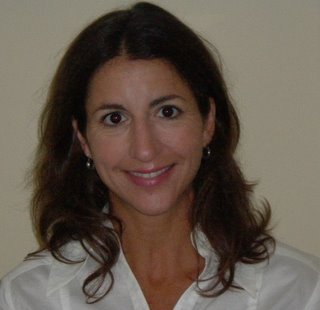
by Amber Sexton
When I was 15 years old, I became paralyzed from the waist down. I was a rear-seat passenger in my mother’s car, when it was involved in a frontal collision. I was wearing a lap-only seatbelt, the only restraining device available to me, when the crash forced my body forward and the burden of the lap belt nearly cut my body in half. What we later learned was that since 1966, auto companies knew that rear lap belts were unsafe yet continued to put them in cars, like my mother’s.
I am now in a wheelchair. In order for me to rebuild my life, my family went to court and I received compensation for my injury that provided me the opportunity to live in an accessible home, pay for uninsured medical expenses, and go to college. I was able to complete college and find gainful employment. And I am now proud to say that this spring, I was crowned Ms. Wheelchair Illinois, a feat I never could have accomplished without our court case, which helped me recover and set me on a new road in life.
READ MORE
-----------------------------------------------------------------
Sexton, age 26, is Ms. Wheelchair Illinois.
